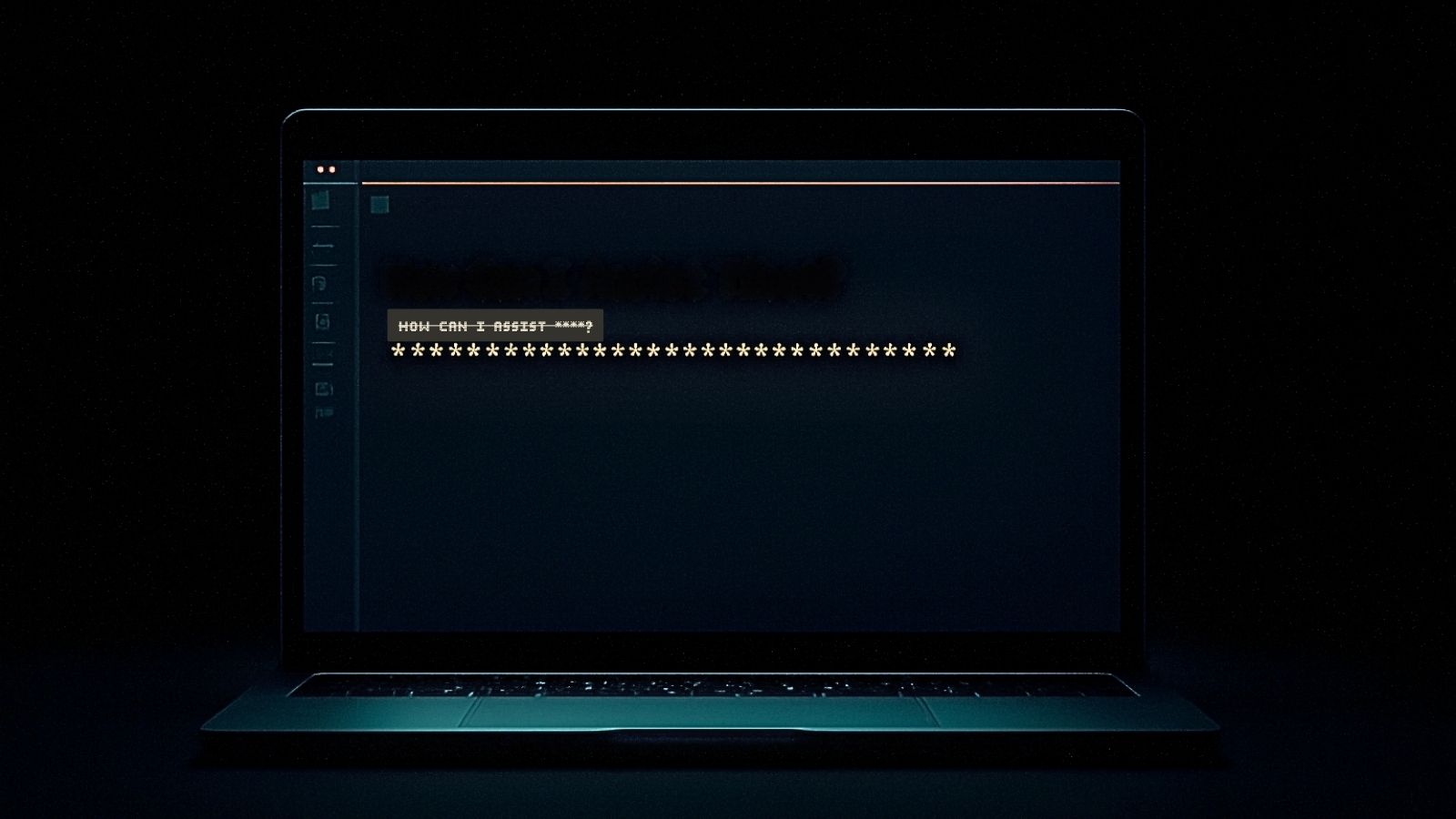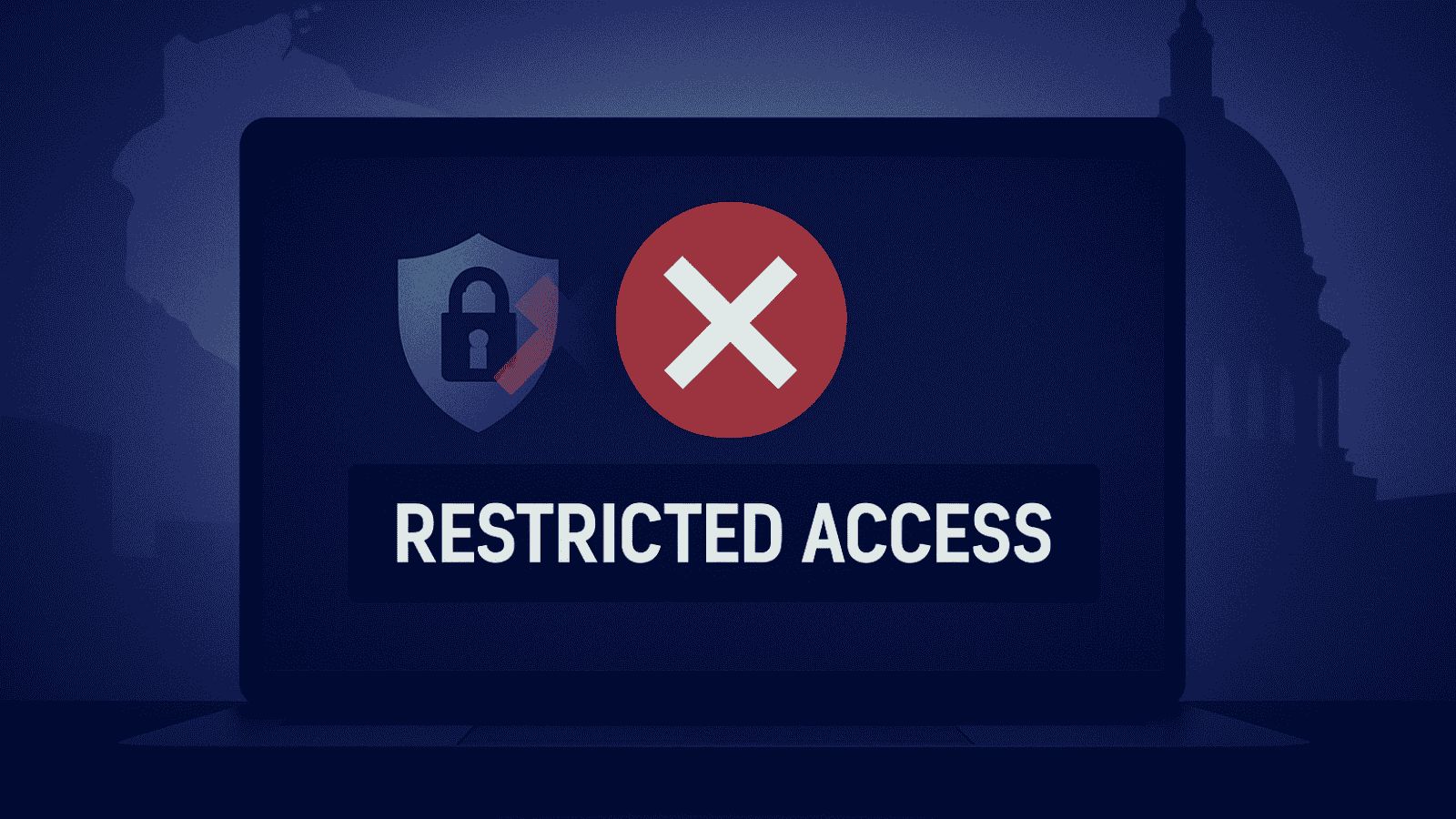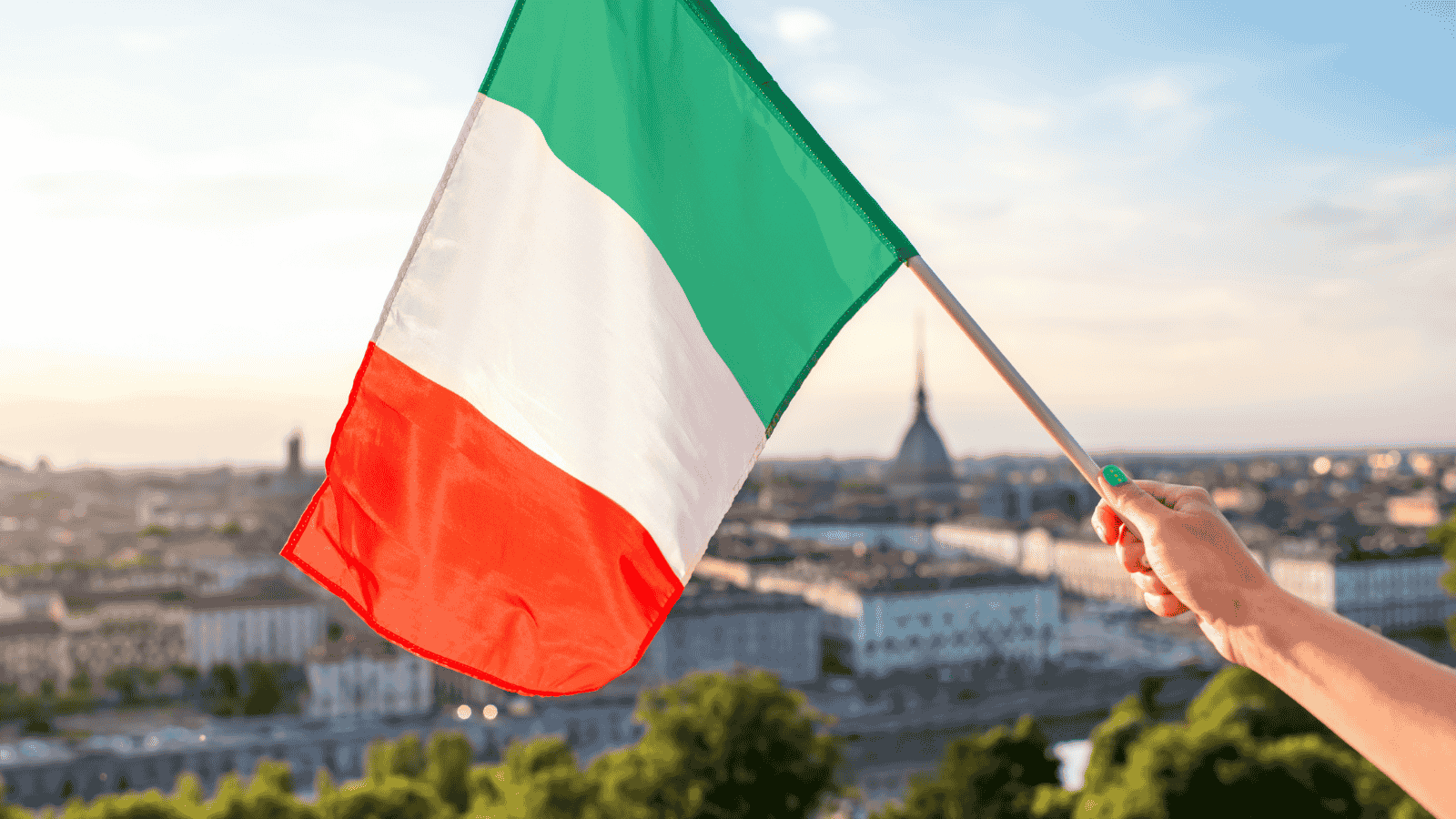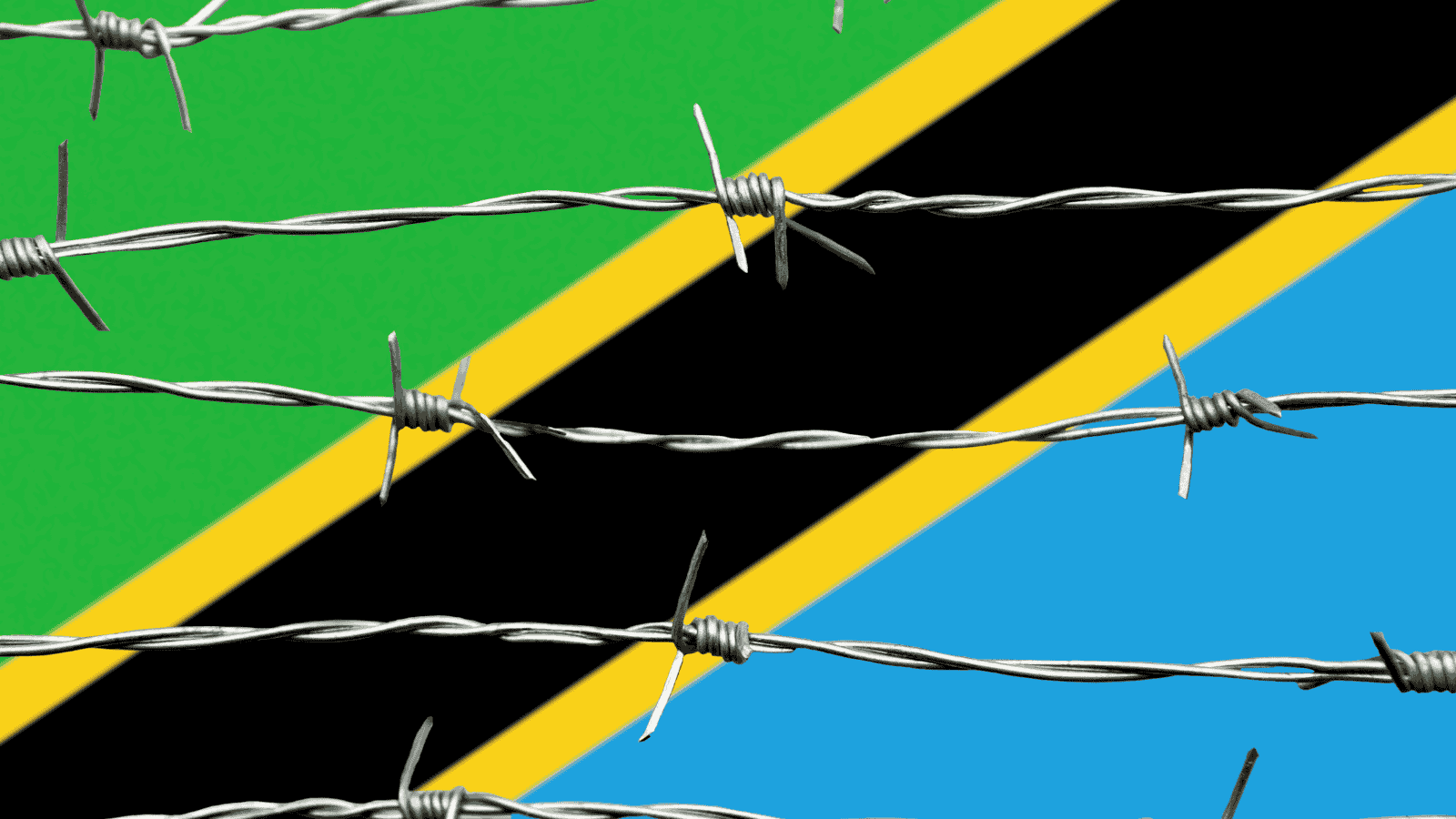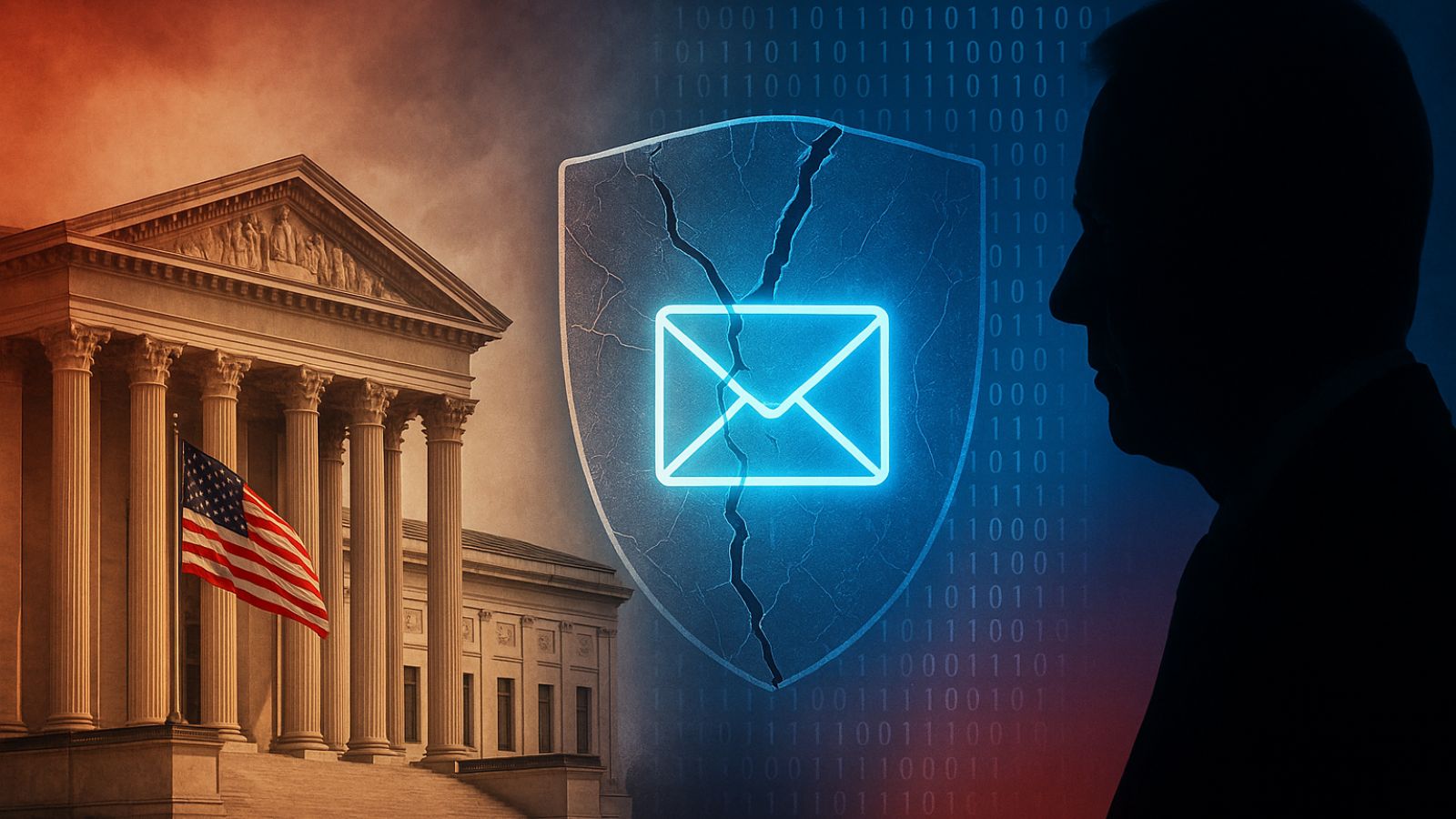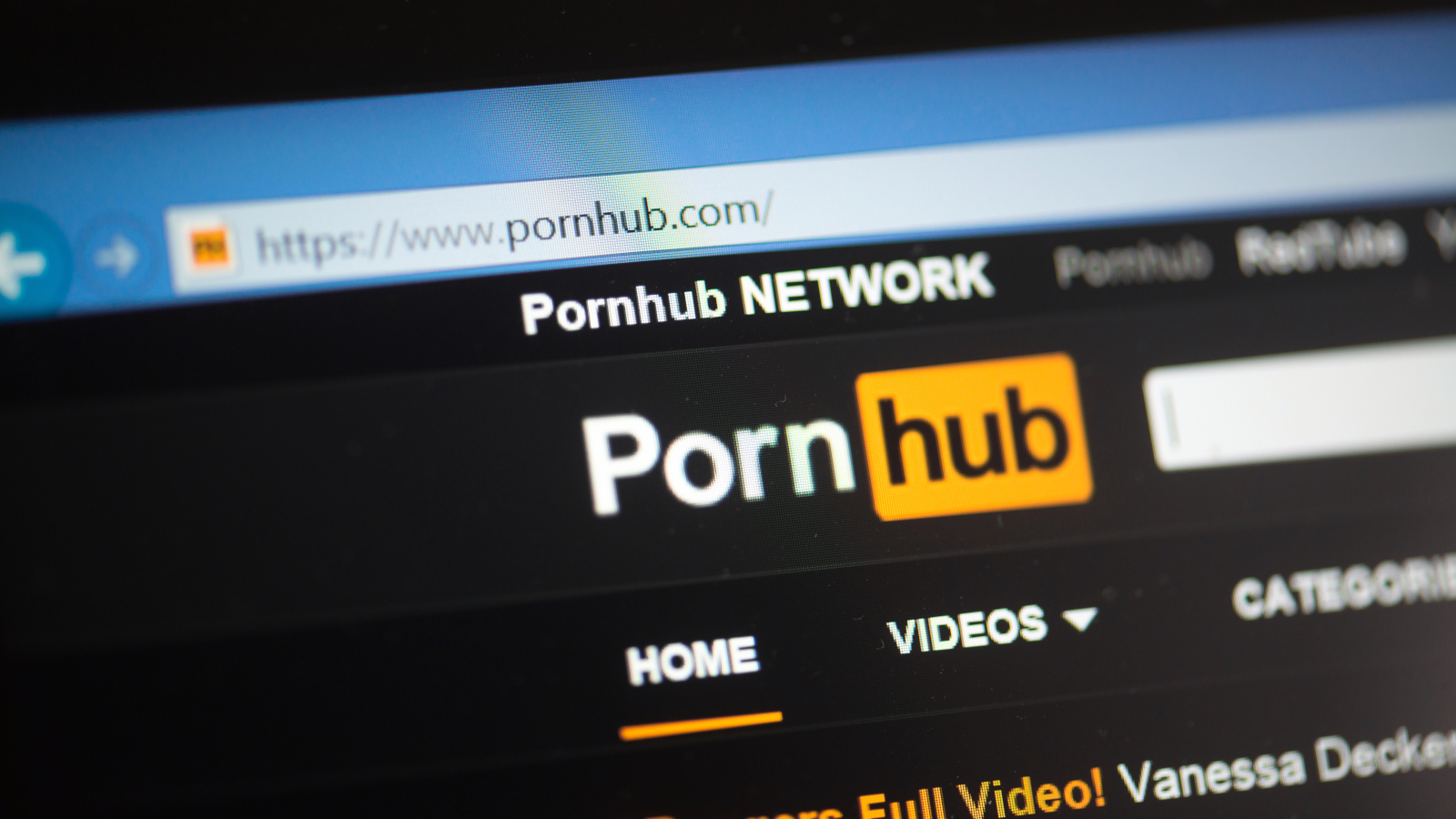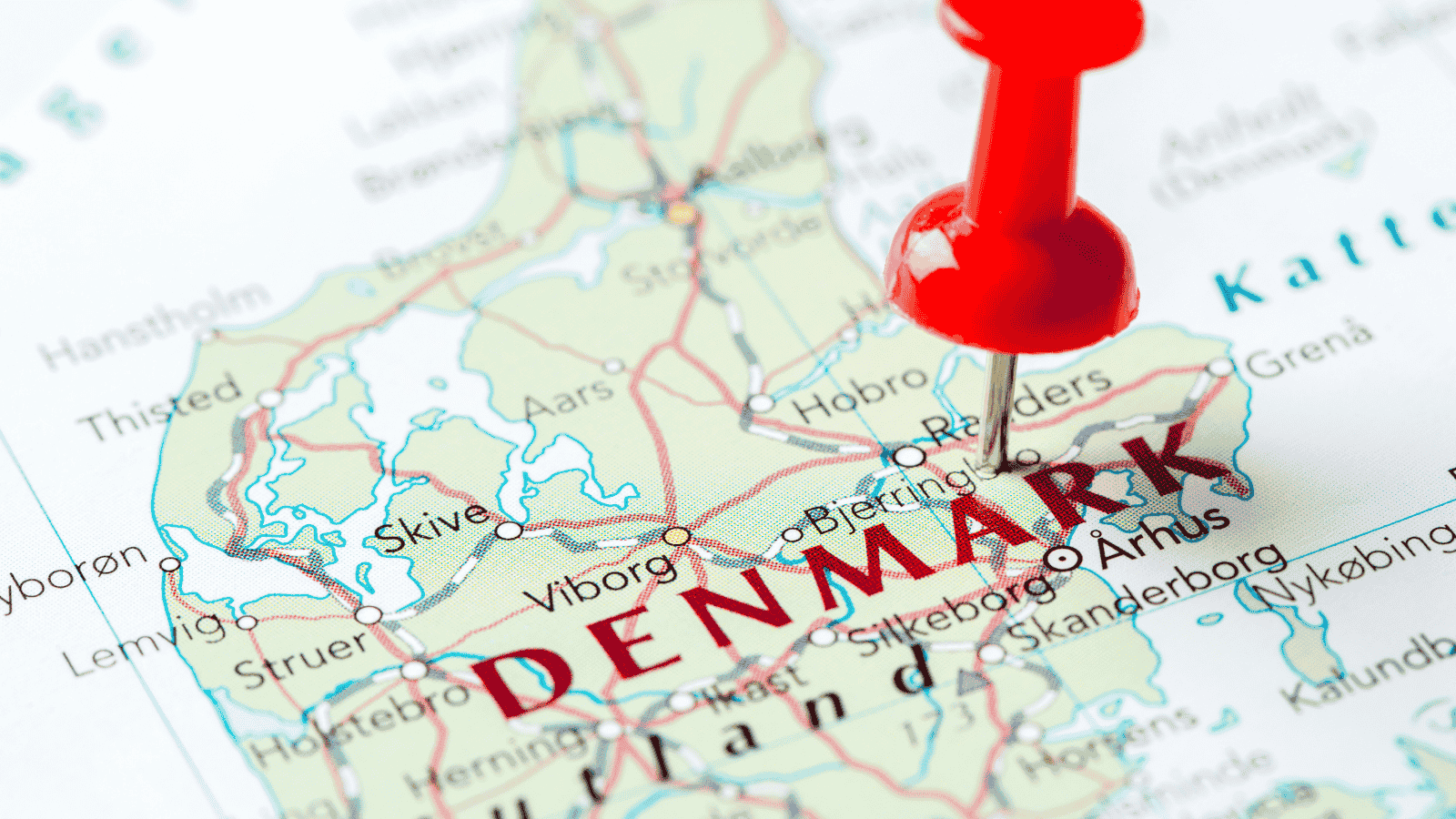
Germany Wants to Add Age Verification for Porn Websites
- The Germans want to restrict access of underage users to porn, so they demand websites to add age verification.
- This only targets the larger porn platforms and leaves smaller sites unregulated, creating a practical problem.
- Porn bans are a complex case, and implementing them invokes a host of serious problems on multiple levels.
The German authorities (more specifically, the State Media Authority) have laid out a plan that involves mandatory age verification for users who want to access porn sites. As explained by the authority’s director, Tobias Schmid, the idea is to protect minors from being exposed to adult content, which may have adverse effects on their psychology by confusing them through a wide range of odd paradigms around intercourse.
So, the idea is to force the ISPs (internet service providers) in the country to regulate traffic towards websites like Pornhub, YouPorn, and xHamster, and perform DNS blocks on those that don’t have an age verification system in place. The state previously asked Deutsche Telekom and Vodafone to do this voluntarily, but the two ISPs refused to do it. Now, it’s going to be imposed on them via a law, so there won’t be a way for the providers to get around it.
This passes the ball to the users, and the question about what they will do arises. As Alex Hawkins, the VP of xHamster, told Motherboard, if large porn websites implement age verification and restrict access until the user provides a valid ID, people will just look elsewhere. It’ll be like channeling traffic from larger to smaller, non-regulated porn platforms. Most porn website visitors would prefer to remain anonymous, so forcing them to upload an image of their ID card wouldn't work the way the German authorities hope.
The UK government was planning a similar regulatory system since 2018, but they scrapped it right before its implementation was about to take place due to privacy concerns. The British were not making any discrimination between small and large porn sites, though, as everything would be included and regulated. From that aspect, the German approach is highly problematic since it only focuses on the larger porn sites.
Even if this new law moves forward and the ISPs are compelled to enforce DNS blocks, users would still be able to overcome the restrictions by simply using a VPN solution. Of course, the possibility for censorship circumvention shouldn’t make the law any less condemnable, as additional blocking efforts could take place at a second or third stage. All in all, porn bans aren’t easy to implement, are met with demurs from both the ISPs and their customers, and disseminate an image of suppression and retrograde prohibition internationally.


